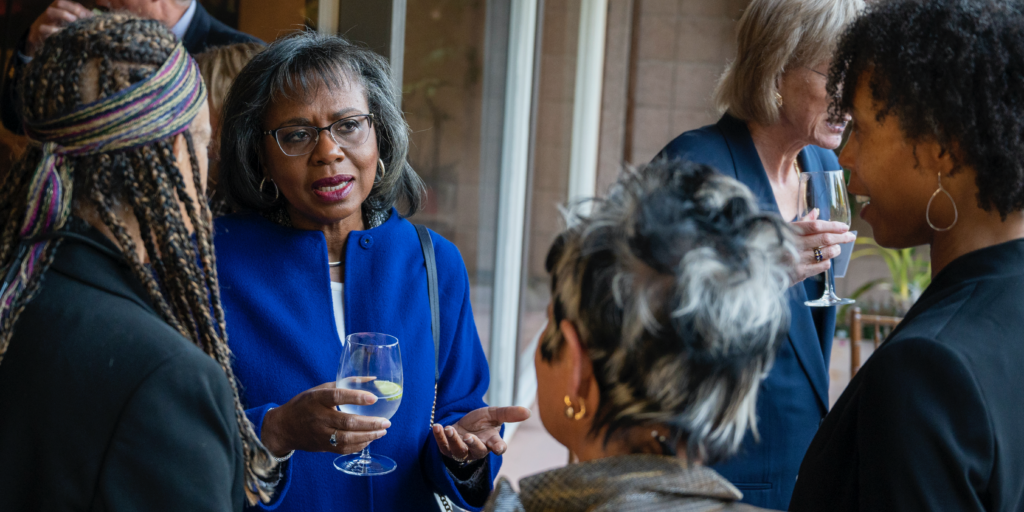feminism is for everyone – bell hooks
The Center for Feminist Futures supports and promotes research, teaching, creative work, and public engagement in gender, sexuality, and feminist studies from intersectional, interdisciplinary, and global perspectives. To accelerate progress toward a more just future for all, the Center is committed to advancing efforts that translate and disseminate gender scholarship to broader publics, formulate new visions of feminist futures, and promote these visions in local, national, and global contexts.
Our work aims to be collaborative and inclusive by engaging and establishing dialogue with a variety of audiences, including policy-makers, activists, educators, elected officials, philanthropic partners, and wider communities in Santa Barbara and around the world.
What we’re up to
Research

The Future is Fertile
This year, our research collaborative on Reproductive Futures is led by Prof. Laury Oaks and doctoral student Bri Reddick.
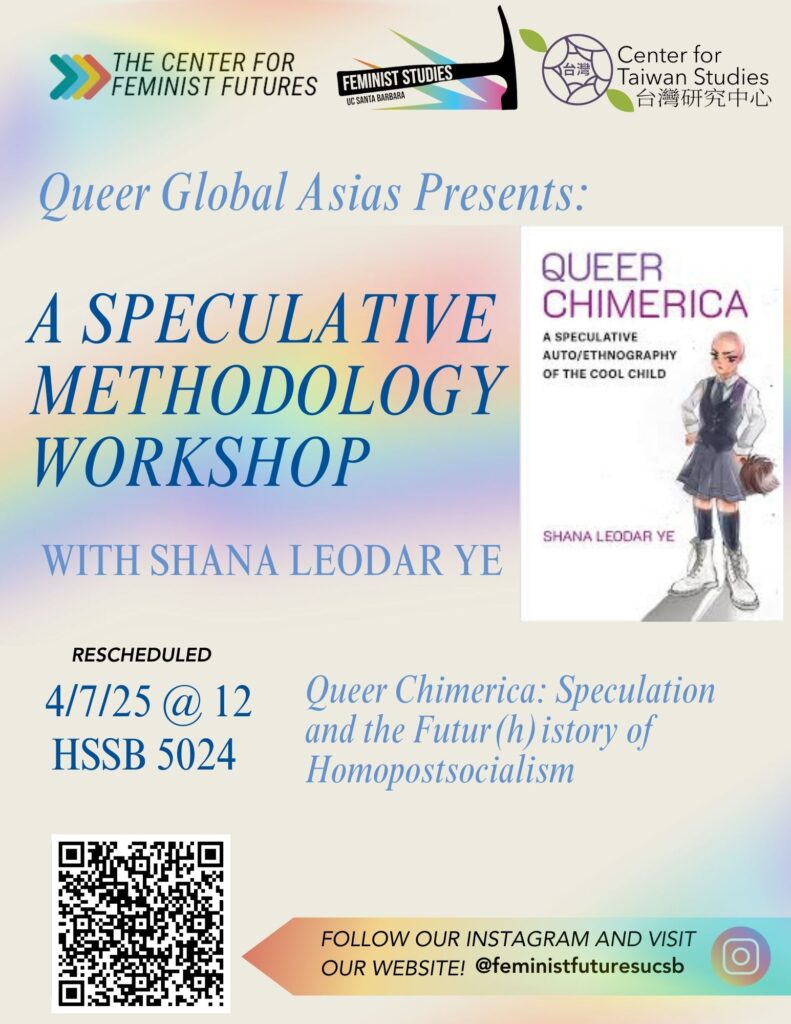
Methodology Workshops
We are proud to offer interdisciplinary methodology workshops.
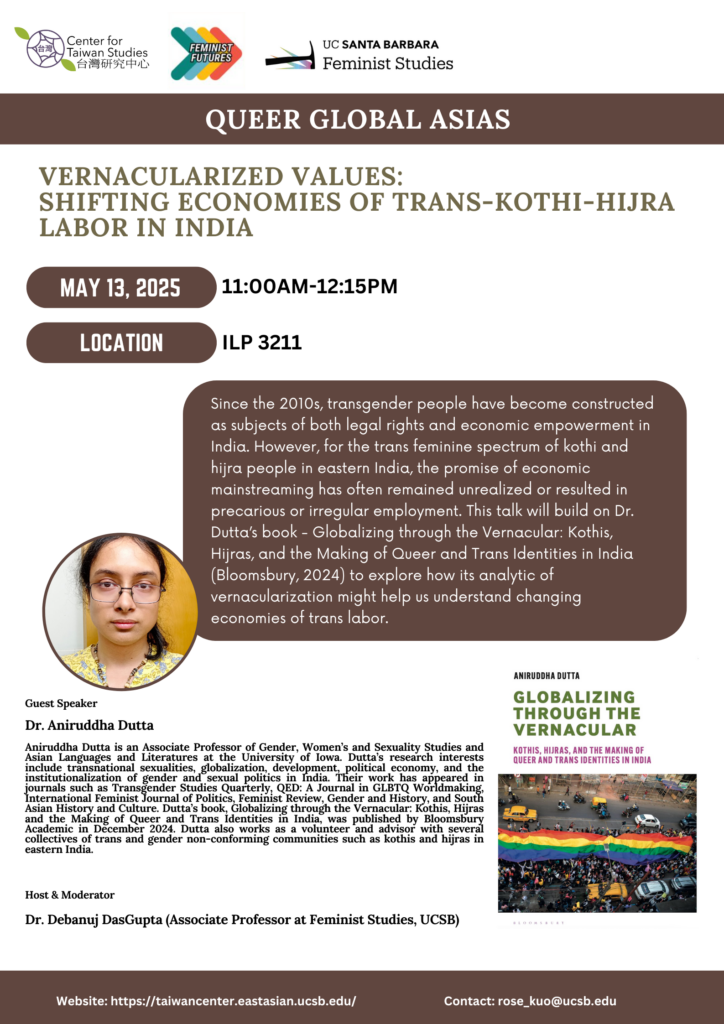
Global Queer Asias
Join us for a dynamic series featuring authors whose new books are reshaping conversations on queer and trans studies.
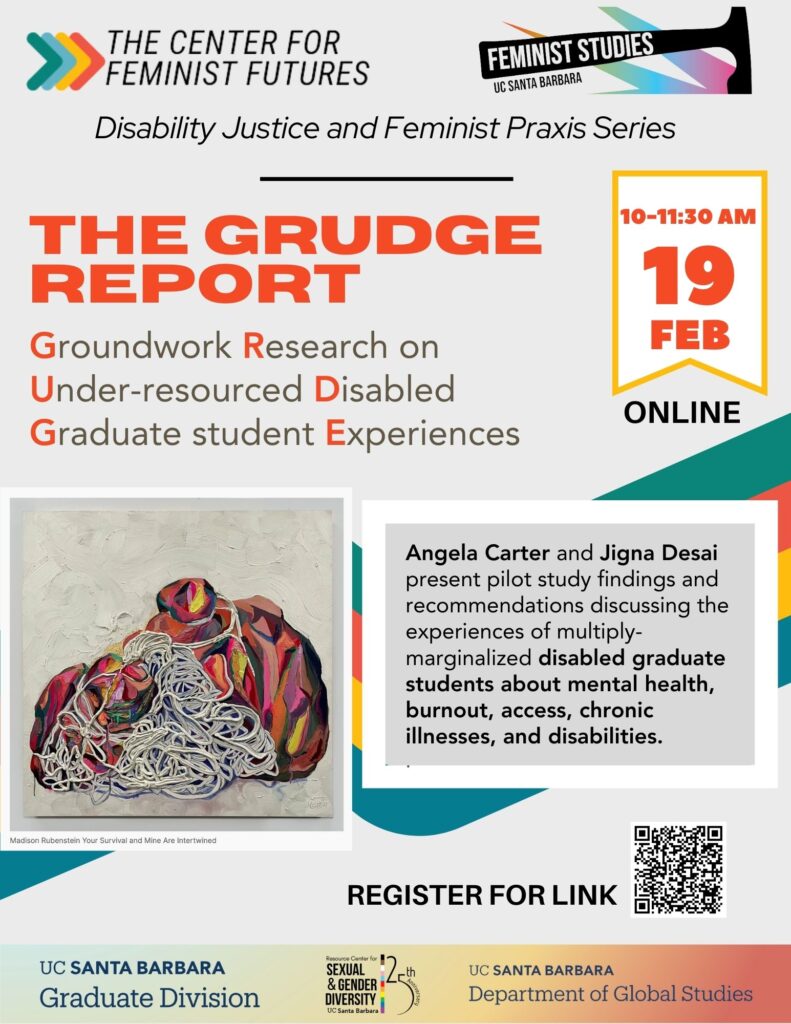
Disability Justice
A year of events on ableism, disability justice, and feminist pedagogy.

Public Scholarship

The Pedagogy Lab
The Center for Feminist Futures is thrilled to announce a new collaboration with The Pedagogy Lab—a virtual higher education collective led by Dr. Caitlin Gunn.

Public Feminism
A series which brings together UCSB scholars and community members for important conversations on gender, sexuality, and social justice.

Open Opportunities
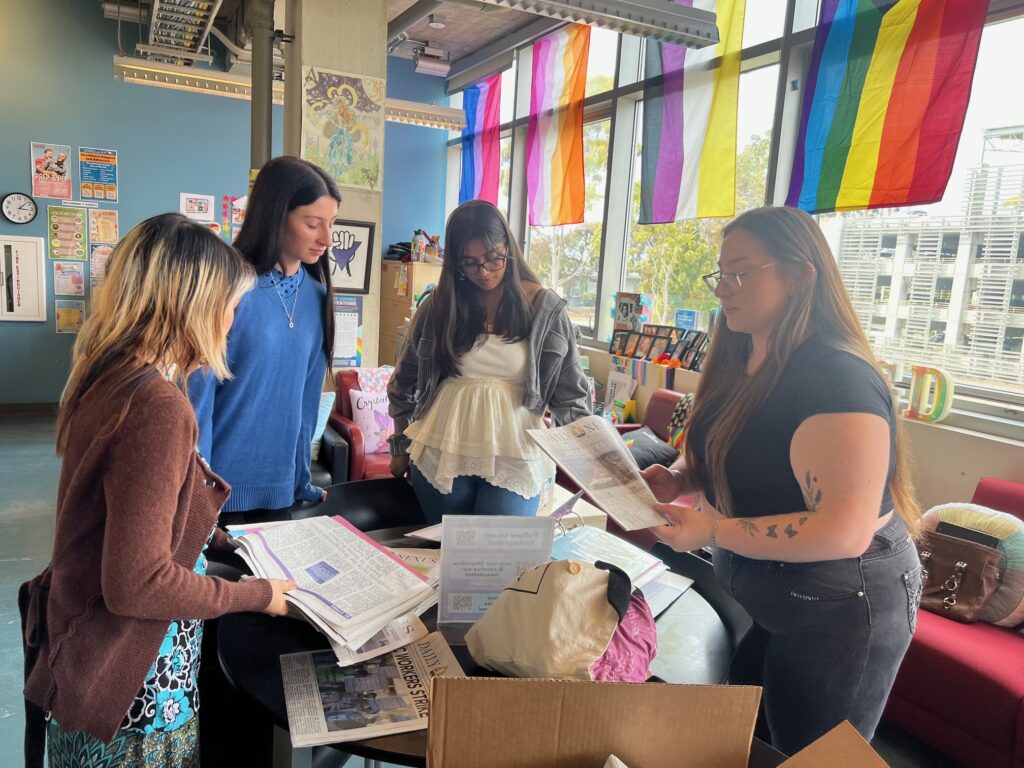
Open Opportunities
Check out our open opportunities including summer graduate fellowships, writing hunkers, and brown bag opportunities.

Community

Sustaining Ourselves in Catastrophic Times
In collaboration with Caleb Luna and The Pedagogy Lab, we host community building gatherings.
Upcoming events
Upcoming events
Nearly 70% of young women identify as feminist.
In a world characterized by inequalities and injustices, young people see feminism not only as empowering, but essential to transforming our present and future worlds.


